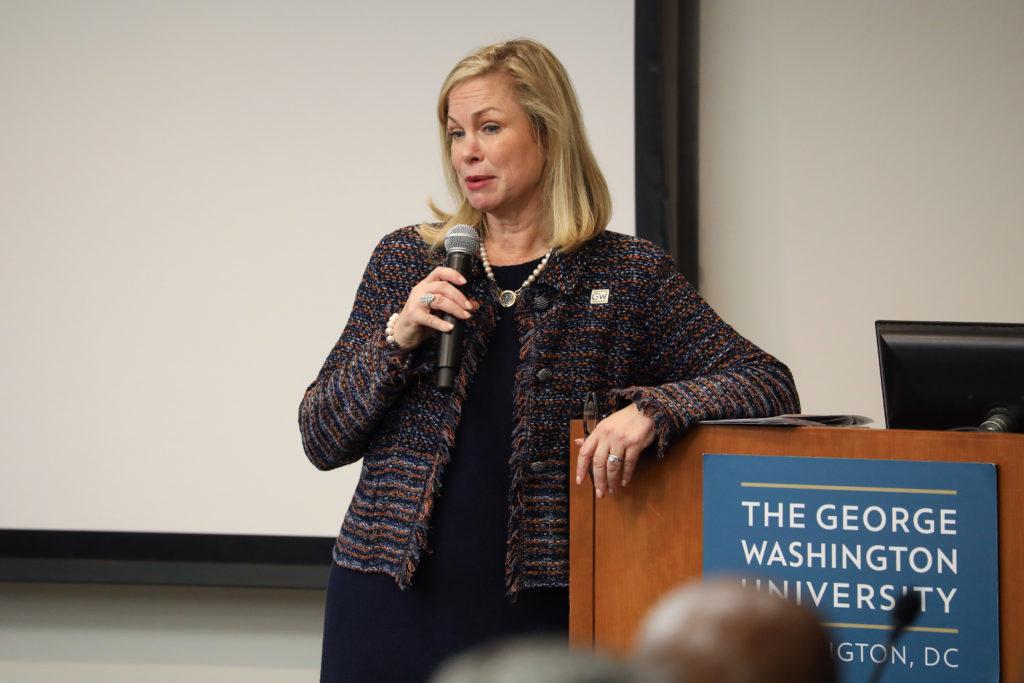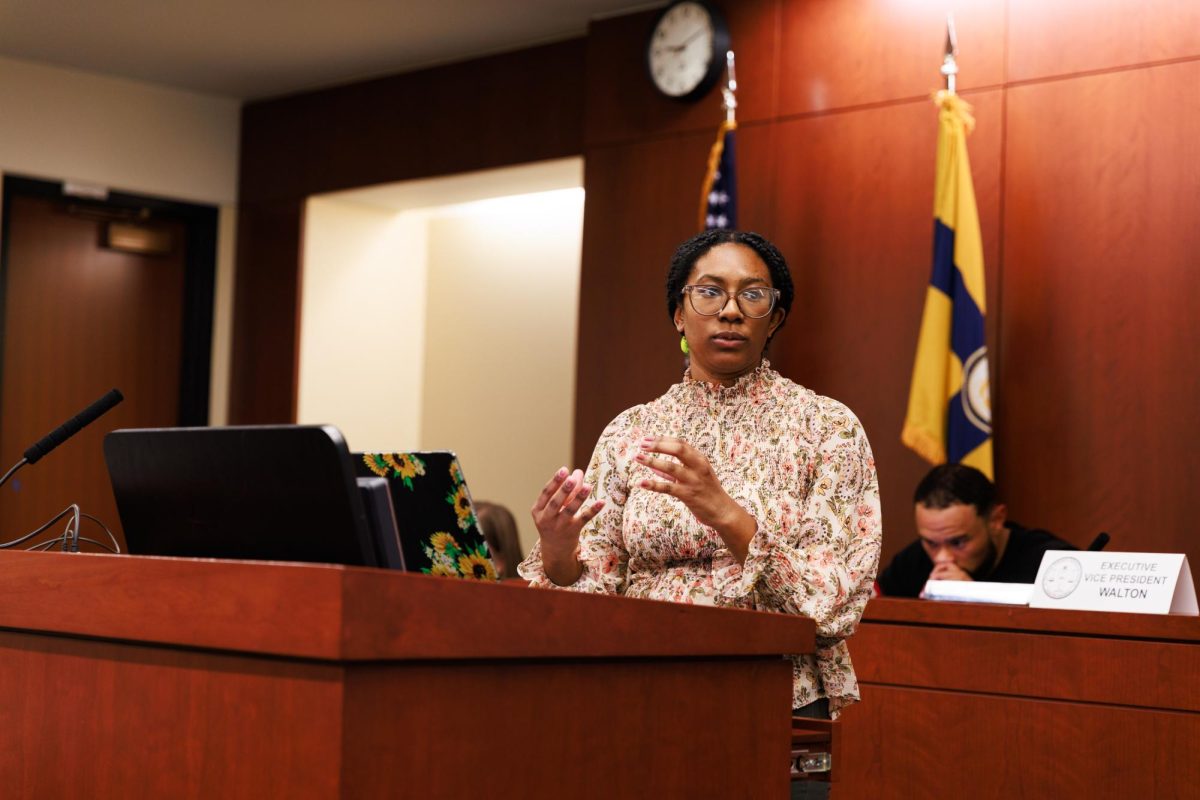Public health researchers will need to provide more information about their personal and financial relationships outside of their work at GW once the University completes revisions to its conflict of interest policy likely by the start of next year.
Professors who receive grants to conduct research from the U.S. Public Health Service will have to formally disclose all financial interests related to their responsibilities at GW, stock investments of more than $5,000 and income from other jobs.
A committee of professors, administrators and research officials have met monthly for the past year to rework GW’s policy. The new rules will put GW in line with the requirements of federal agencies, which added more layers to applying for grants in 2012.
The public health research requirements affect just 10 percent of GW’s faculty, and Provost Steven Lerman said only those professors will be required to submit the new information for now.
Lerman said revising the policy would help the University avoid allegations of conflict of interest.
“It’s important that we have in place procedures to make sure they’re not appearing to have a conflict of interest, because it doesn’t serve our interests or their interest,” he said.
The updated policy will formalize the process of providing information that GW professors have already had to share for the last two years.
The University first planned to revise the policy when the National Institutes of Health, which supplies most of GW’s research grants, announced that it would require researchers to give more information.
The policy will define how faculty members must disclose the names of companies in which they have a financial stake. Some researchers must report whether their family members have financial stakes in companies, too. Faculty also must tell the University what other work-related activities they engage in, in addition to their jobs at GW.
Before the new policy is put in place, the Faculty Senate and the University’s Office of General Counsel will have to approve it.
If more national organizations adopt policies like the Public Health Service’s, the University could expand which researchers need to disclose the added financial data.
Charles Garris, chair of the Faculty Senate executive committee who is a member of the policy committee, said the group looked at other universities’ policies, like New York University, Stanford University and the Massachusetts Institute of Technology.
For the first time, GW will also distinguish a conflict of interest policy from a conflict of commitment policy. Garris said the conflict of interest policy will address financial conflicts, while the conflict of commitment policy will ask faculty to disclose personal commitments, such as consulting work or contributions to an academic journal.
“What we want to do is have a mechanism which is fair and reasonable,” Garris said. “We’ve discussed separately having a conflict of interest and conflict of commitment policy, and we’ve discussed a lot about public health service rules.”






